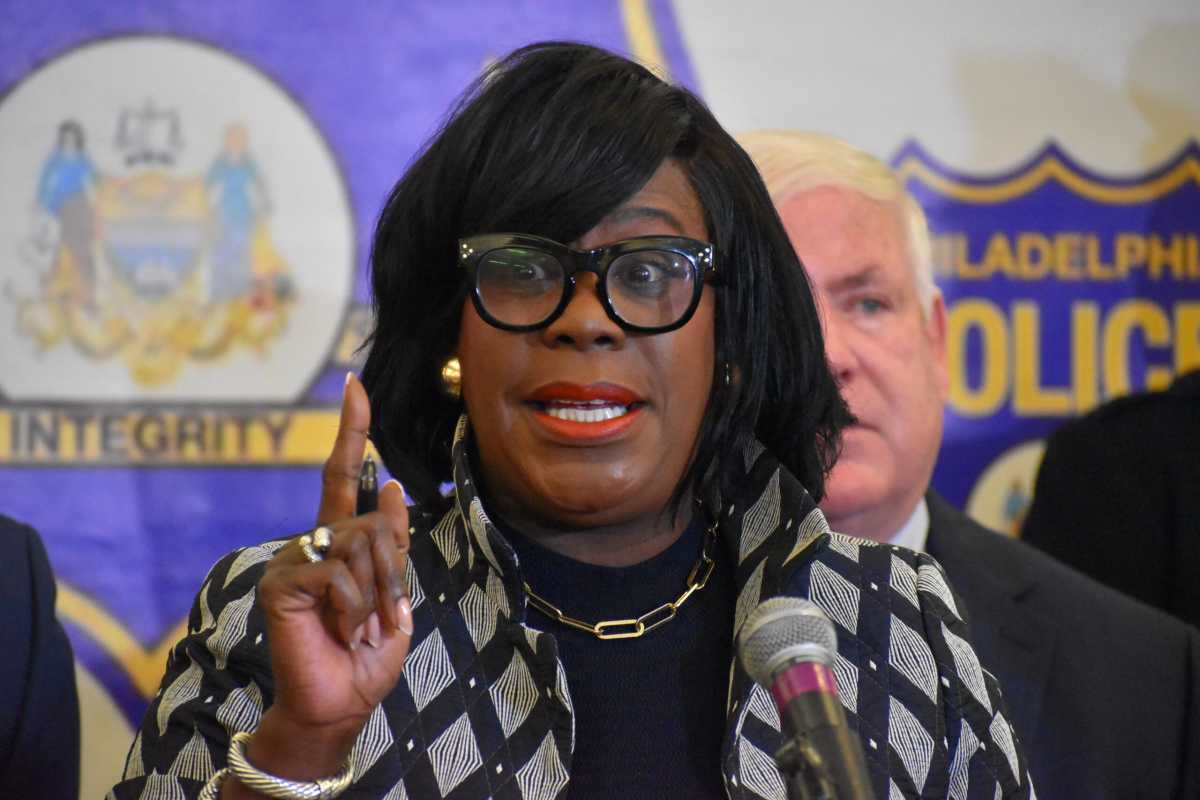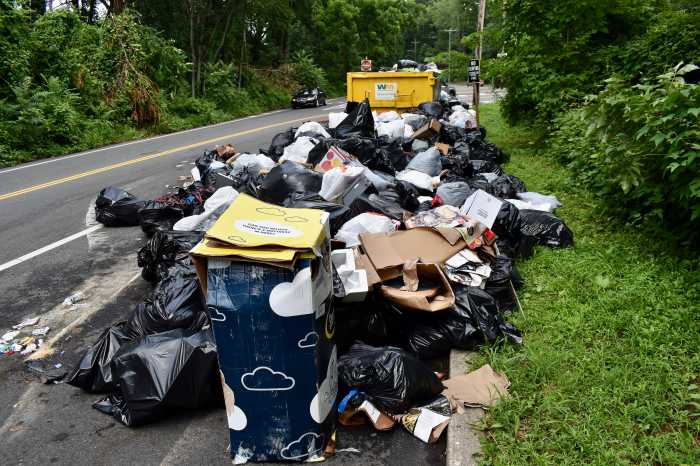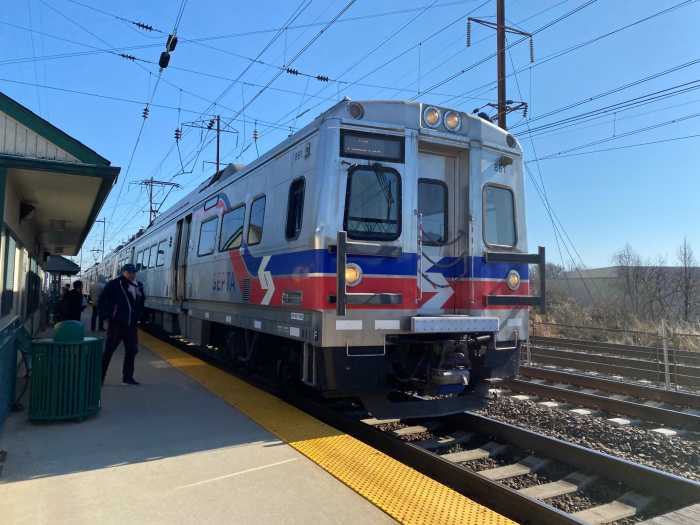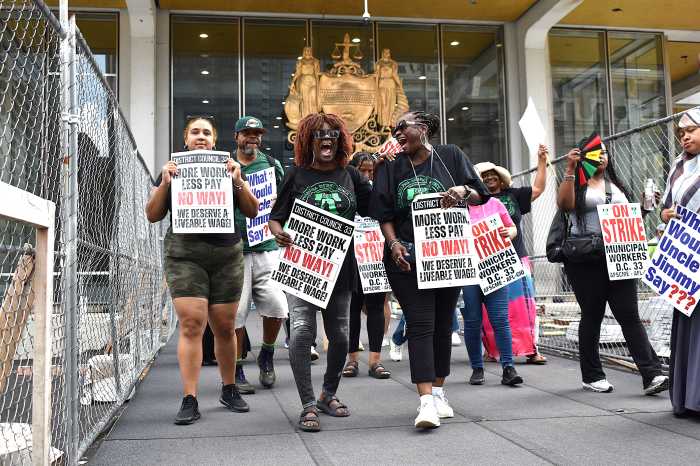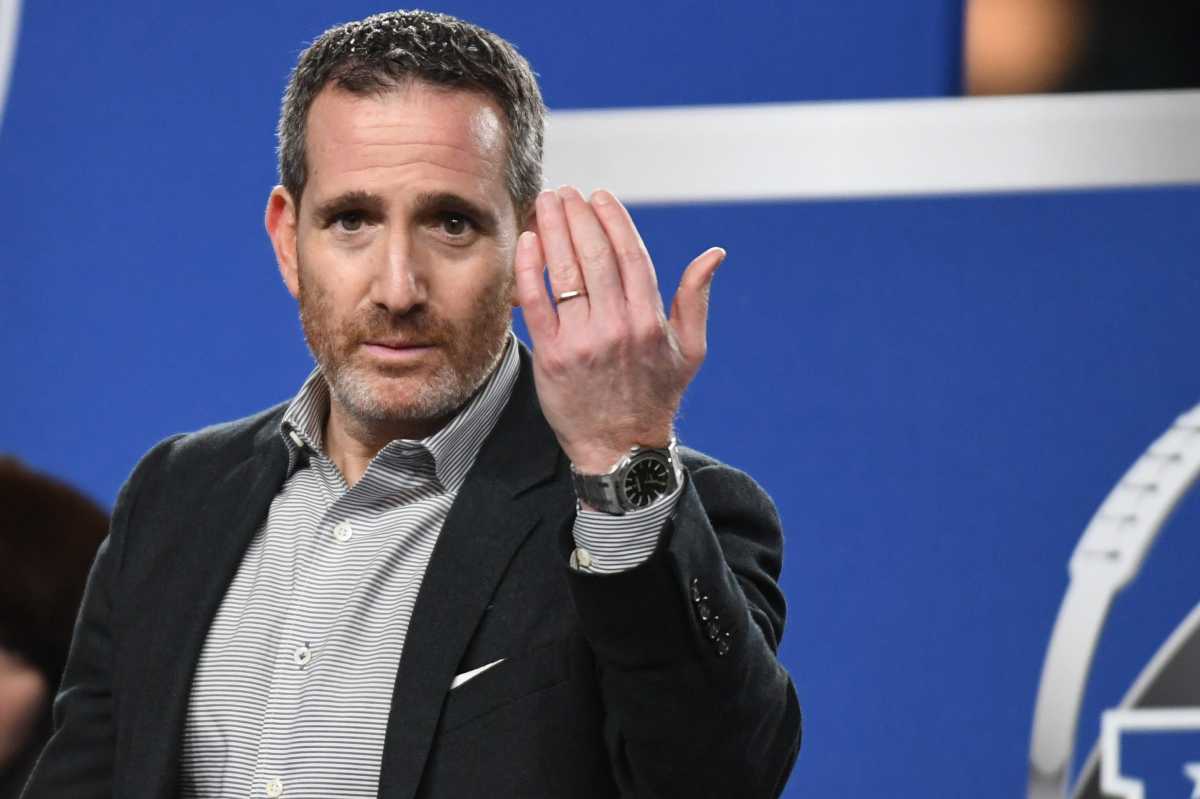Mayor Cherelle Parker unveiled her first budget proposal Thursday, committing millions of dollars toward hiring new police officers, addressing issues in Kensington and cleaning city streets.
“It’s big and it’s bold,” she told City Council during a 75-minute speech that is akin to a local State of the Union.
Parker, who took office in January, is not advocating any tax increases or cuts, though her spending plan includes allocating a greater portion of property tax revenue to the School District of Philadelphia.
The mayor’s $6.3 billion operating budget for the 2025 fiscal year, which begins July 1, is organized around six priorities: public safety, cleanliness, economic opportunity, education, housing and improved city services.
During her address, Parker recalled standing next to spent shell casings at the Five Points intersection March 6 after eight Northeast High School students were shot at a bus stop. She also mentioned the multiple homicides in the days prior that occurred in or near SEPTA vehicles.
“The events of last week, they underscore that urgency that I feel to restore a sense of order and public safety to our city,” Parker said.
Parker said there is funding in her budget to hire 400 new police officers this year, and she wants to put at least 100 officers on community policing duty, allowing them to walk their beats and interact with residents and business owners.
Her proposal also incorporates the purchasing of 150 police patrol cars, along with drones and other technology, and $45 million for the construction of a new forensics lab.
“Rank and file police officers across the city are honored and humbled to know that Mayor Parker has our backs,” Fraternal Order of Police Lodge 5 President Roosevelt Poplar said in a statement. “Her unwavering support and investments in our police department has improved officer morale.”
Parker is pushing for a $100 million investment in efforts to address addiction, mental health and homelessness in Kensington, in an initiative that is being led by her managing director, Adam Thiel, according to the Mayor’s Office.
“For the people of Kensington, the Parker administration hears you,” she said. “Help is on the way.”
The mayor vowed to “fight tooth and nail to ensure that not one city dollar is invested in the distribution of clean needles.” In the past, needle exchanges, such as Prevention Point, have received funding, and harm reduction advocates have criticized Parker for her position.
Parker characterized the exchanges, which provide clean needles to prevent the spread of disease, as an important strategy; however, she argued that they can be funded through state, federal or philanthropic dollars.
She became emotional when addressing accusations that she lacks compassion for people dealing with substance abuse disorder.
“We care deeply about every person in addiction, and for those who think that they care more, once you’ve loved and lost someone close to you,” Parker said. “When it touches your immediate family, like it did with me.”
Her budget’s largest source of new funding – around $36 million – is in a category her team refers to as “clean and green” initiatives.
That money will go toward establishing residential cleaning crews in every Council district and expanding a commercial corridor cleaning program. Those teams will also now begin sweeping residential streets near those corridors, officials said.
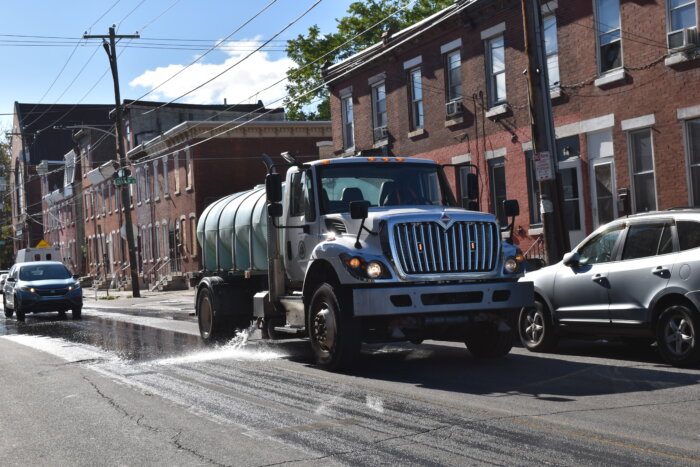
In addition, the Parker administration plans to set up a task force to investigate illegal dumping and increase the number of sanitation crews focused on combatting dumping.
She said her plan includes installing 1,500 additional Big Belly trash cans and towing 10,000 abandoned cars in the coming year. Her administration is also planning to pilot a twice-a-week trash collection initiative in areas most affected by litter.
“Don’t simply listen to what I say; watch what it is that we’re doing,” Parker repeated during her address, paraphrasing a famous James Baldwin quote she alludes to often.
Currently, 55% of real estate tax revenue goes to the school district; Parker is proposing upping that to 56%, a change that will net the district $119 million over the course of five years, according to the Mayor’s Office.
The proposed budget also includes funding to pilot full-day, year-round programming at 20 schools beginning in the fall, Parker said. Introducing year-round academics was an important piece of her platform when she ran for mayor last year.
Parker is asking lawmakers to allot $10 million more to the Community College of Philadelphia to pay for a “City College” to train prospective municipal workers. Participants, she said, would receive a stipend during their education and graduate directly into a city job. Current municipal employees could also attend the program to gain other skills.
In another effort to reduce the number of municipal vacancies, Parker wants to offer retired city workers the opportunity to return to their jobs while still receiving pension payments.
Her administration also intends to create one application for the city’s various home repair grant programs, streamlining the process for homeowners.
Parker’s plan incorporates $117 million in extra money for SEPTA. The city’s allocation to the transit agency is tied to state funding, and Gov. Josh Shapiro last month proposed an increase to help the authority bridge its “fiscal cliff.”
Council will now hold a series of hearings – beginning March 26 – examining departmental budgets and other aspects of Parker’s spending document. Members typically jockey to include their priorities, and changes are expected. The sides must agree to a municipal budget by the end of June.



